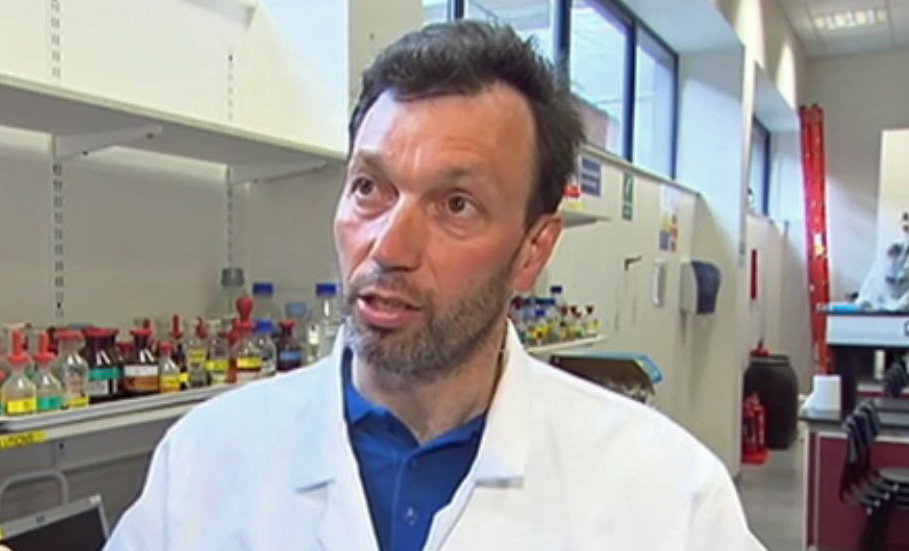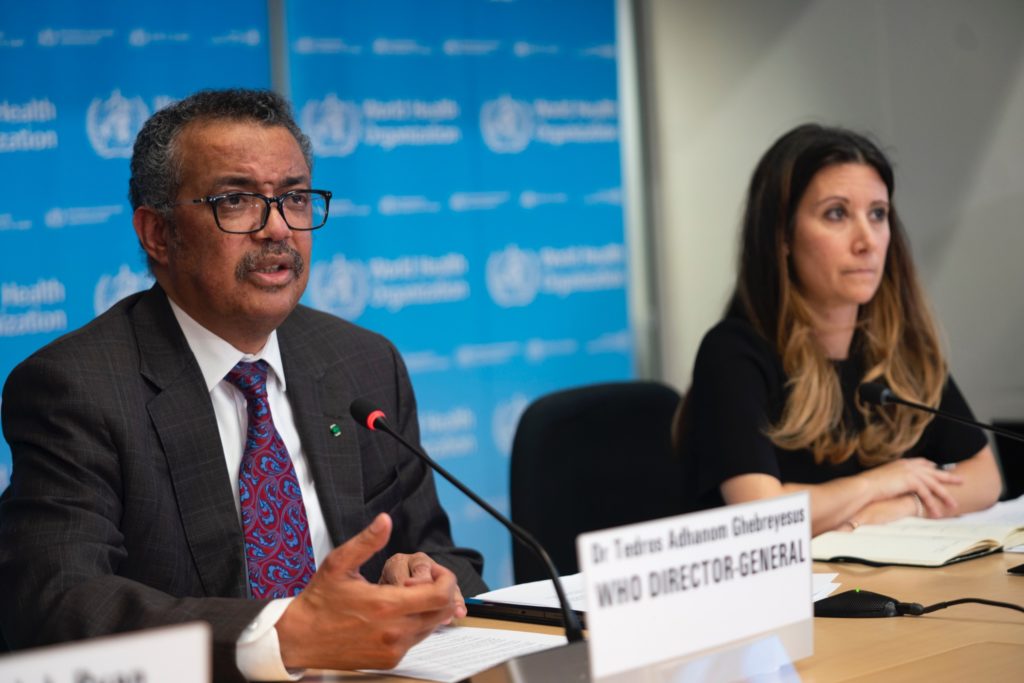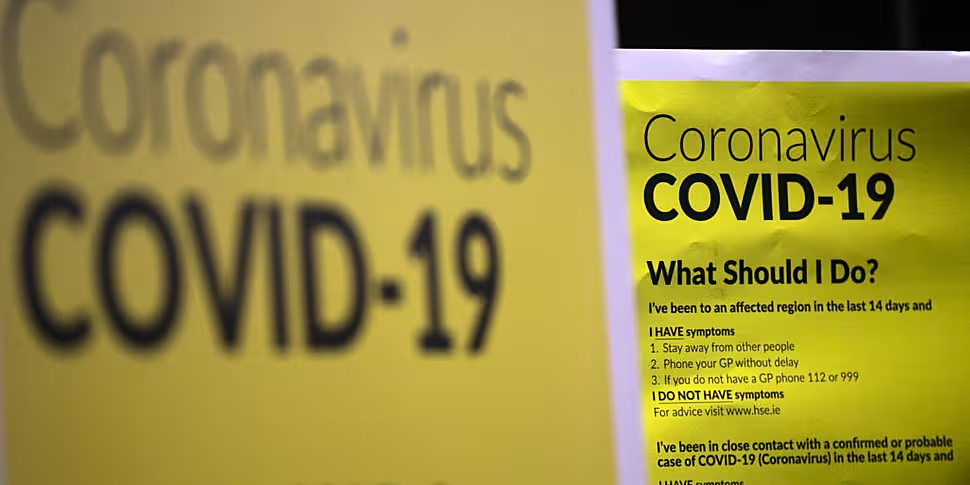The Health Service Executive (HSE) says it is "working rapidly" to identify any contacts a man who contracted the COVID-19 coronavirus may have had.
The patient, who is in the eastern part of the country, tested positive for the virus on Saturday.
He had recently returned from northern Italy.
The man is the first confirmed case of the coronavirus in Ireland.
Professor Sam McConkey is head of the Department of International Health and Tropical Medicine at the Royal College of Surgeons in Ireland.
He told Newstalk Breakfast a system of tracing has been in place here for years.
"In Ireland, we've had contact tracing in really thorough detail for many decades for other diseases - like for example tuberculosis or meningitis or even syphilis, gonorrhea, HIV.
 Professor Sam McConkey | Image via @RCSI_Irl on Twitter
Professor Sam McConkey | Image via @RCSI_Irl on Twitter"So we've actually been doing this process of contact tracing for infectious disease and have a system in place - and people who are good at it and qualified to do it."
"So this isn’t something that's just been invented yesterday for coronavirus, it's actually been around for years.
"And I think we'll do that very quickly and very well for this one case.
"Where we're at now though is we could have 100 cases or 1,000 cases - and the challenge now will be to scale up the numbers of people who can do that contact tracing and teaching and quarantine and testing that's necessary in a really big way if the outbreak spreads more".
He added: "This has now become a top line, national priority - that the most important priority for our leaders, for our governance right now I believe is actually dealing with the coronavirus."
"So what I'm saying is the number one top priority for all of our national leaders at this point needs to be responding to this".
"What I would propose is that we need working groups of our leaders working on all the different aspects of our economy - looking at agriculture: how do we need to re-organise our food industry in the next couple of weeks to cope with this epidemic?
"How do we need to address our pharmaceutical industry?
"Can our pharmaceutical industry re-position to help us make drugs to defeat this?
"We're making huge amounts of drugs in Ireland, which if fantastic, but maybe for example we should be stopping making Viagra - to be provocative - and starting to make some small molecules that might inhibit coronavirus".
Dr. Tony Holohan, chief medical officer with the Department of Health, said: "This is not unexpected. We have been preparing for this eventuality for many weeks now.
"Public health protocols have been in place since January and are operating effectively.
"The health service is well used to managing infectious diseases and has robust response measures in place."
Dr John Cuddihy, director of the Health Protection Surveillance Centre (HPSC), said: "The HSE is now working rapidly to identify any contacts the patient may have had, to provide them with information and advice to prevent further spread.
"It is important to note that the risk of transmission through casual contact is low."
Acting Health Minister Simon Harris added: "This is not unexpected. We have been preparing for this since January.
"I would strongly encourage people to follow the guidance and advice of the National Public Health Emergency Team, led by the chief medical officer."
COVID-19 is spread through close contact with an infected person's body fluids (i.e. droplets from coughing or sneezing), or by touching surfaces that an infected person has coughed or sneezed on.
The general public is advised to follow advice from the HSE and the HPSC to protect their health.
Any person concerned that they may have symptoms of COVID-19 should immediately isolate themselves from others and contact their GP by phone.
It can take up to 14 days for symptoms of the virus to show.
A woman tested positive last week in Northern Ireland who had travelled through Dublin.
WHO upgrade
On Friday, the World Health Organisation (WHO) said the risk of spread and impact of the virus was "very high at a global level".
Its director-general Dr Tedros Ghebreyesus said: "The continued increase in the number of COVID-19 cases, and the number of affected countries over the last few days, are clearly of concern".
"Our epidemiologists have been monitoring these developments continuously, and we have now increased our assessment of the risk of spread and the risk of impact of COVID-19 to very high at a global level".
 WHO director-general Dr Tedros Ghebreyesus speaks to reporters in Geneva, Switzerland | Image via @WHO on Twitter
WHO director-general Dr Tedros Ghebreyesus speaks to reporters in Geneva, Switzerland | Image via @WHO on Twitter"What we see at the moment are linked epidemics of COVID-19 in several countries, but most cases can still be traced to known contacts or clusters of cases.
"We do not see evidence as yet that the virus is spreading freely in communities.
"As long as that's the case, we still have a chance of containing this coronavirus, if robust action is taken to detect cases early, isolate and care for patients and trace contacts".
He added: "More than 20 vaccines are in development globally, and several therapeutics are in clinical trials. We expect the first results in a few weeks.
"But we don't need to wait for vaccines and therapeutics. There are things every individual can do to protect themselves and others today."
More information on the coronavirus can be found here









